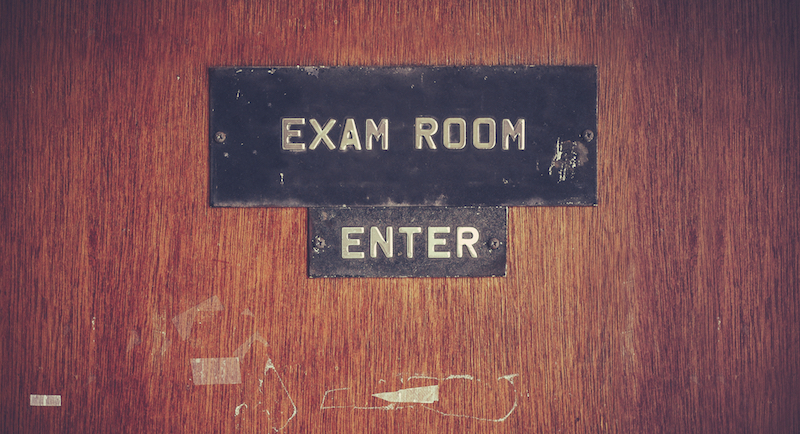Many students barely prep for the ACT. Unsurprisingly, many end up getting an average ACT score. But breaking out of the average zone isn’t that difficult. A little prep goes a long way. The tips below will help you make the most out of your prep time.

Reading tips
Reading isn’t just about comprehension; it’s also about endurance. Begin reading at least an hour a day. This can include class reading, as long as the material challenges you. I recommend reading long articles from the Atlantic Monthly, the New Yorker, or even Time Magazine on something that interests you. The more your brain is used to reading, the easier it will be for you to maintain focus on the long, arduous ACT reading section.
Another tip for this section: take plenty of practice tests to get a feel for the way the ACT asks questions. Sometimes you’ll miss questions. Go back and see if the issue was one in which you misunderstood the question (read the question more carefully), misunderstood the passage or were tricked by an answer that sound right, but was actually the answer.
Misunderstanding the passage can happen because the reading is dense. That’s why it’s important to challenge yourself by reading relatively difficult material an hour a day (though you can skip a day here and there). The last part—getting tricked by an incorrect answer—is something that you can work on. Try to understand what made your answer wrong and why the correct answer was right. Doing this will help you avoid mistakes in the future.
Writing tips
Like math, writing is based on a number of rules. Your first order of business should be to know the range of grammar being tested. The good news is that, like math, the ACT writing only tests a limited number of grammar concepts.
To get a sense of these concepts, you’ll want to take an official practice test. There, you’ll also encounter questions that aren’t only about grammar. These questions will test your ability to identify the logical flow of ideas. Here’s a great tip: when dealing with these questions make sure to read the entire paragraph in which the question appears. These questions are usually related to the flow of idea in the paragraphs. By not completely reading the paragraph, you’ll struggle to arrive at the correct answer.
Math tips
You learn a lot of math in your four years of high school. The ACT isn’t expecting you to remember all of that math. In fact, most of the questions fall into relatively predictable categories.
For the basics, you’ll want to know percents, decimals, and exponents. You’ll want to be able to handle word problems that test discounts or rates (think moving vehicles). Finally, remember your geometry. You should be able to find the area of circles, triangles, and quadrilaterals.
For the more advanced stuff, you’ll want to know the following: basic trigonometry identities, unit circle, logarithms, permutations and combinations, and matrices.
To get a good idea of this range of topics, pick up the new ACT guide. Take an official ACT practice test (there are a few of them in there). As you are going through it, make note of the topics you are weak at. Then, after the test, make sure the study up in those areas. Make sure not to go too deep in any one area; the ACT tests the big ideas from each. So, just make sure you understand how logarithms work. Don’t look up advanced logarithms online and try to become an expert.
















 Back
Back